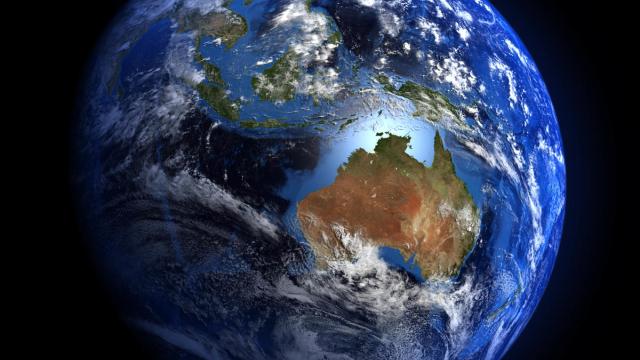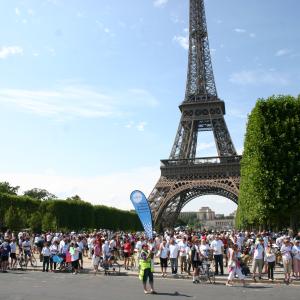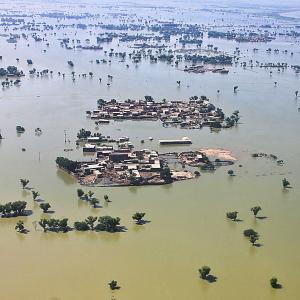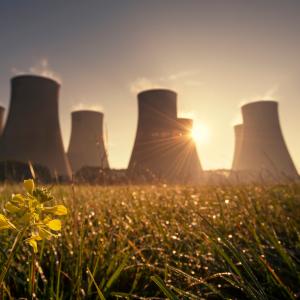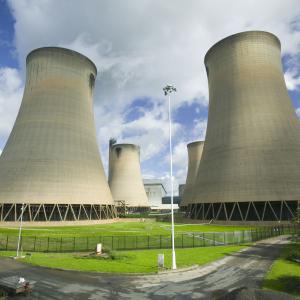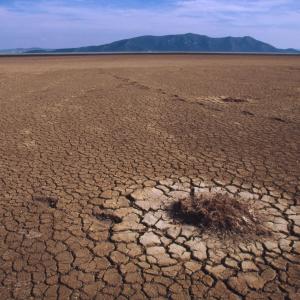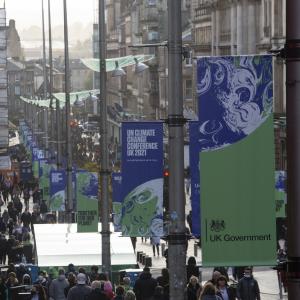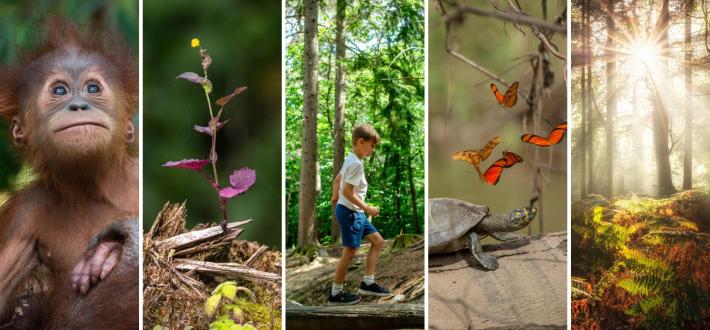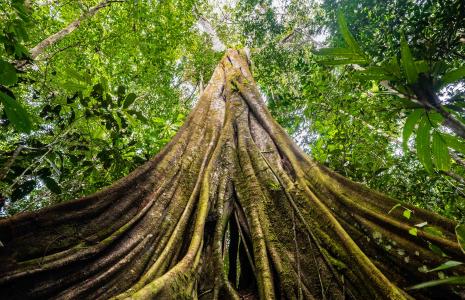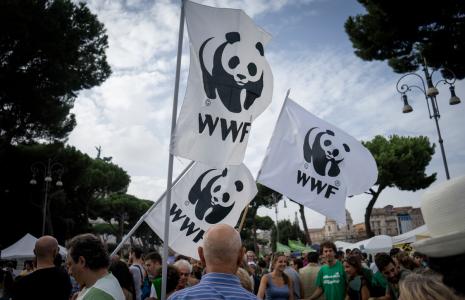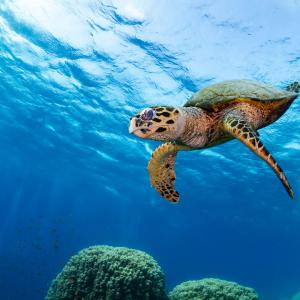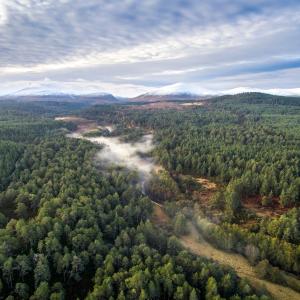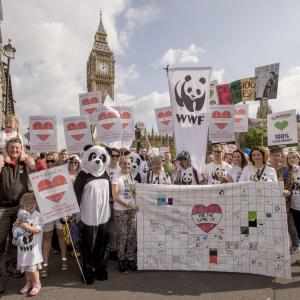‘The earth is speaking; she tells us that we have no more time.'
Txai Suruí, Indigenous activist of the Paiter Suruí people
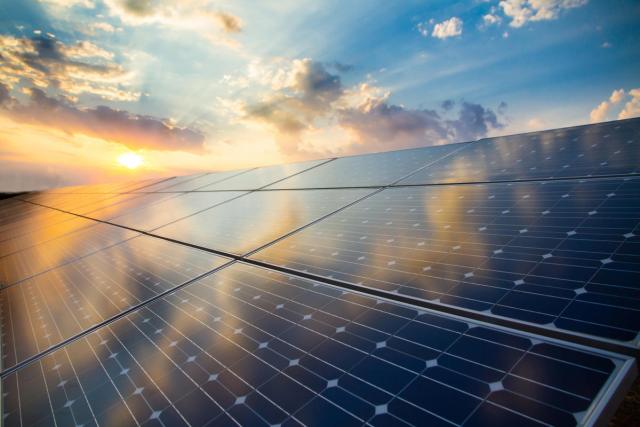
What is the climate COP?
COP stands for “Conference of the Parties”. It is a major annual conference held under a United Nations convention where member governments (the "Parties") come together to review progress on key issues and agree on next steps for tackling global challenges.
The Climate COP takes place under the United Nations Framework Convention on Climate Change (UNFCCC). Here, world leaders negotiate how to deliver on the Paris Agreement – the global pact to limit warming to well below 2°C, and preferably 1.5°C, from pre-industrial levels by 2100. Achieving this goal is essential to avoiding the most dangerous impacts of climate change.
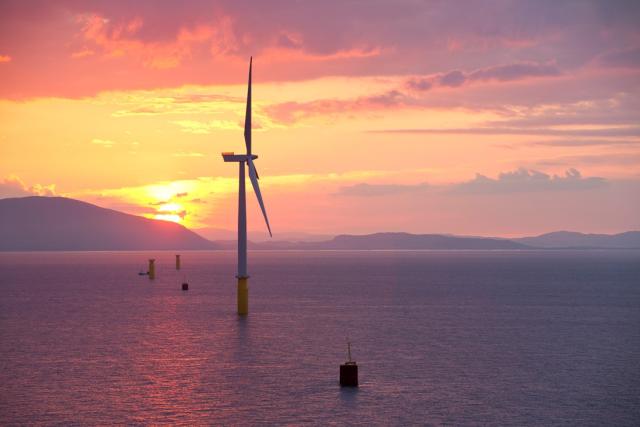
Why is the climate COP so important?
Climate change is one of the greatest challenges of our time, and it demands global collaboration. The climate COP is a vital moment each year when governments, together with key non-state actors such as businesses, scientists, and civil society, come together from around the world to accelerate global efforts to tackle the climate crisis.
To avert the worst effects of climate change, global warming needs to be limited to 1.5°C with limited overshoot, and that requires countries drastically cutting their emissions now. The window for action is closing fast. COPs were created to provide a platform for countries to hold each other accountable, reporting on progress and agreeing on how to fully implement the Paris Agreement together.
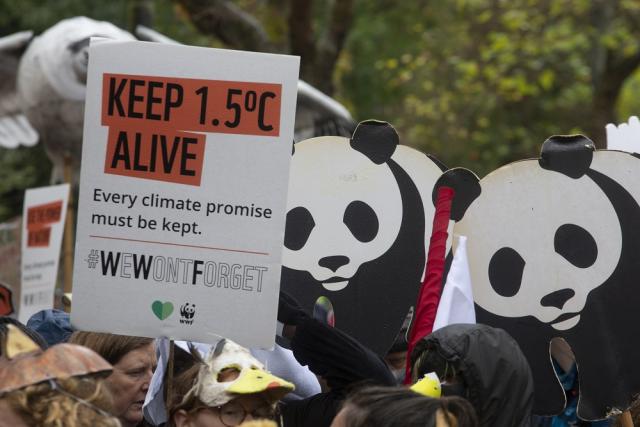
What role does WWF play at COP?
Civil society plays a vital role in shaping the outcomes of COPs, both in the lead-up and during the negotiations. WWF is a so-called Observer NGO at COP, advocating for greater ambition and urgency in the decisions and political commitments made there.
WWF also provides technical guidance, expertise, research and insights to governments, and works as a bridge between stakeholders - helping foster collaborations across business, civil society and policymakers alike - to ensure all of society are engaged in helping address the climate crisis.
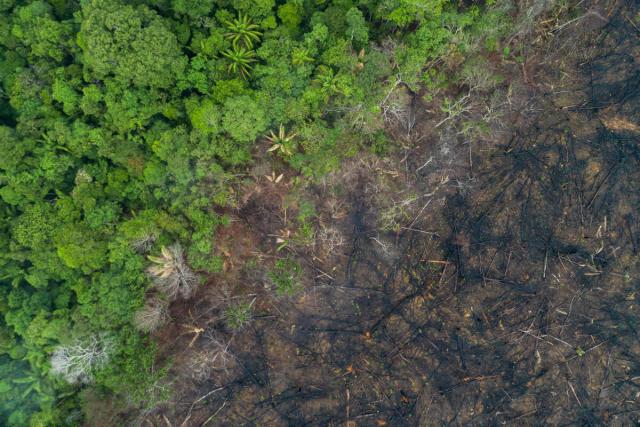
What are we calling for at COP30?
From 10 to 21 Nov 2025, COP30 will take place in Belém, a rainforest city in Brazil. In the lead-up to and during COP30, we are calling on the UK to take the lead on stopping deforestation by 2030.
This means elevating the phase out of deforestation on the political agenda at COP30 and underpinning it with actions that transform the food and finance systems.
COP30 is our opportunity for meaningful global action on deforestation. You can read our COP30 manifestos here:
WWF will also be working on other topics at COP30, such as fossil fuel phase out, food system transformation, nationally determined contributions (NDCs), climate finance, climate adaptation. You can find further details here.
